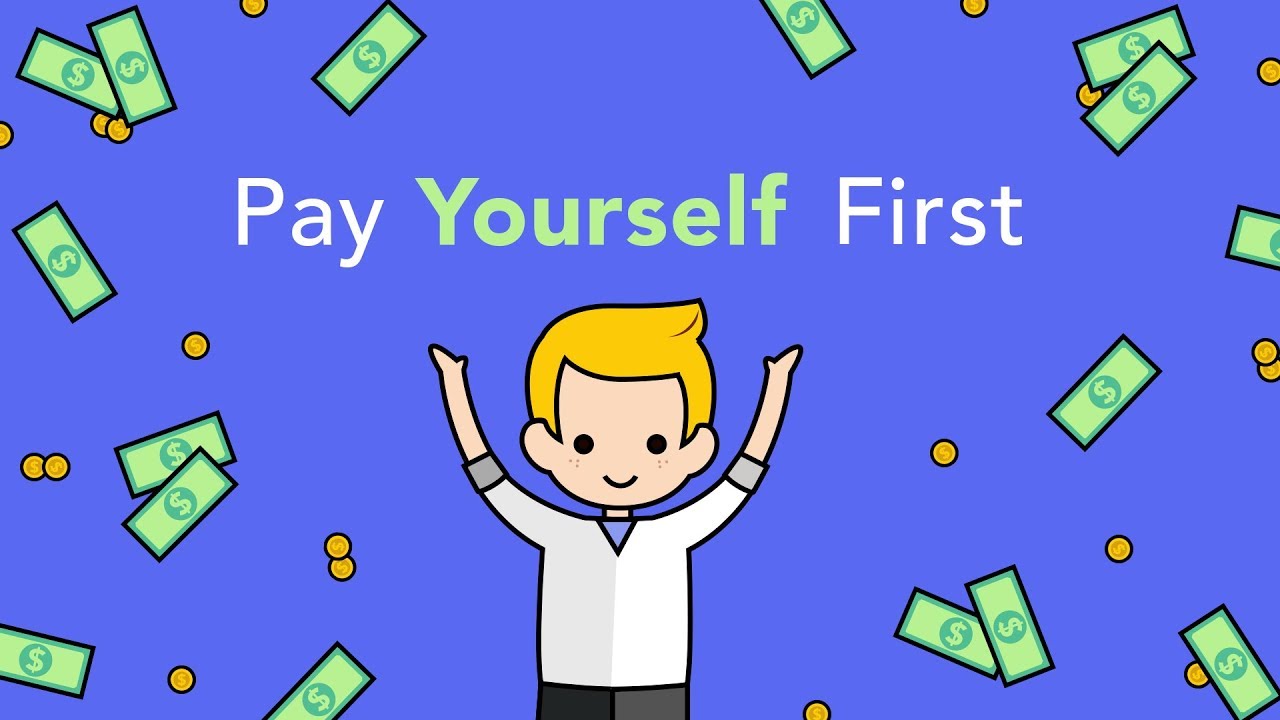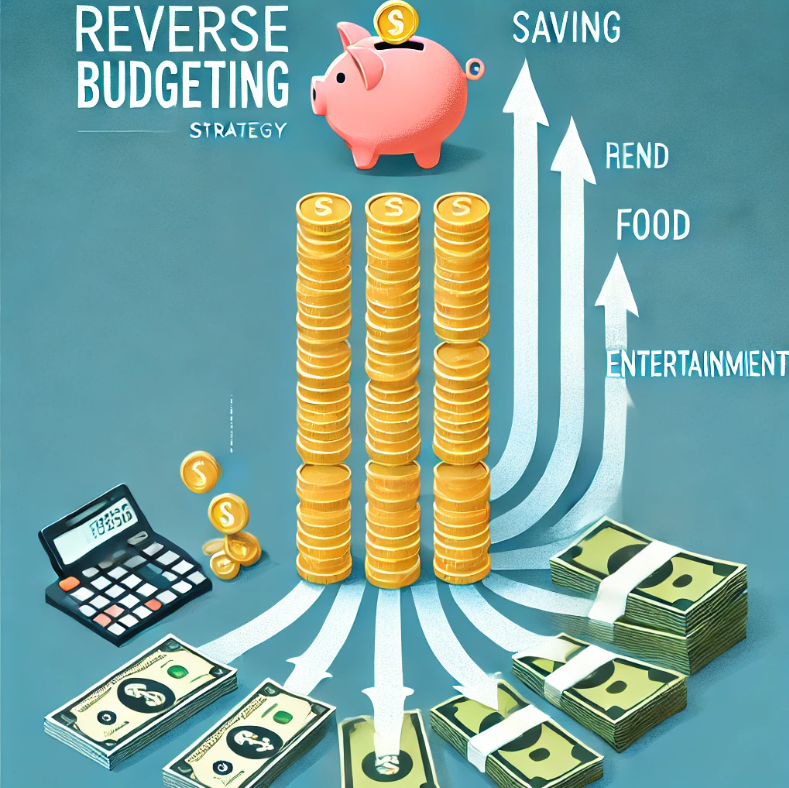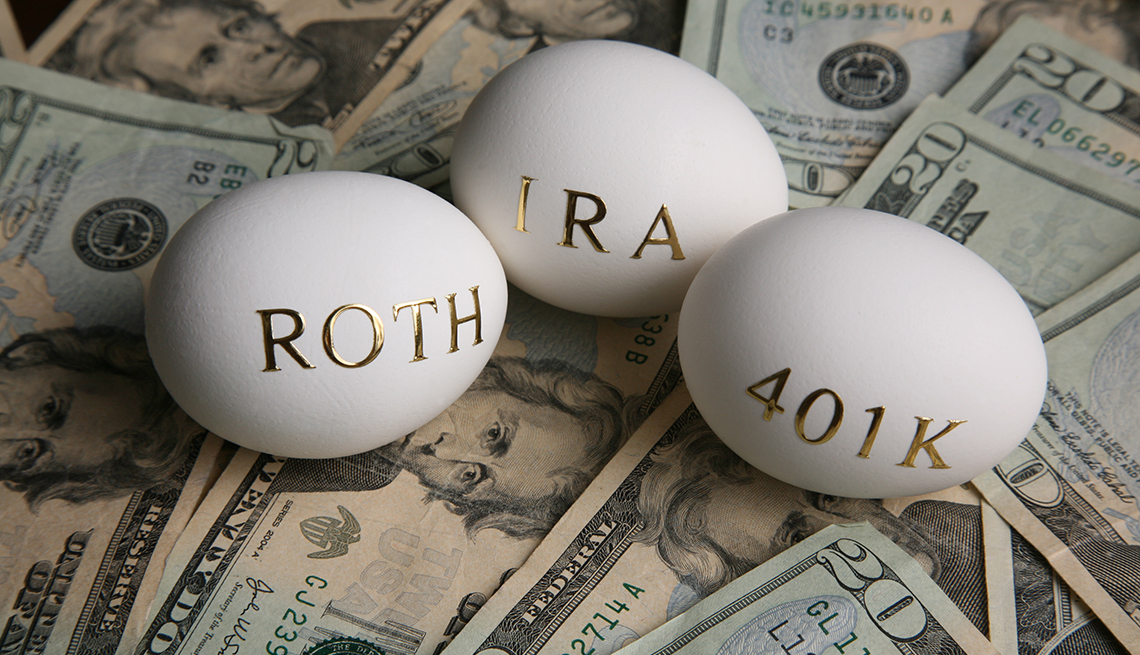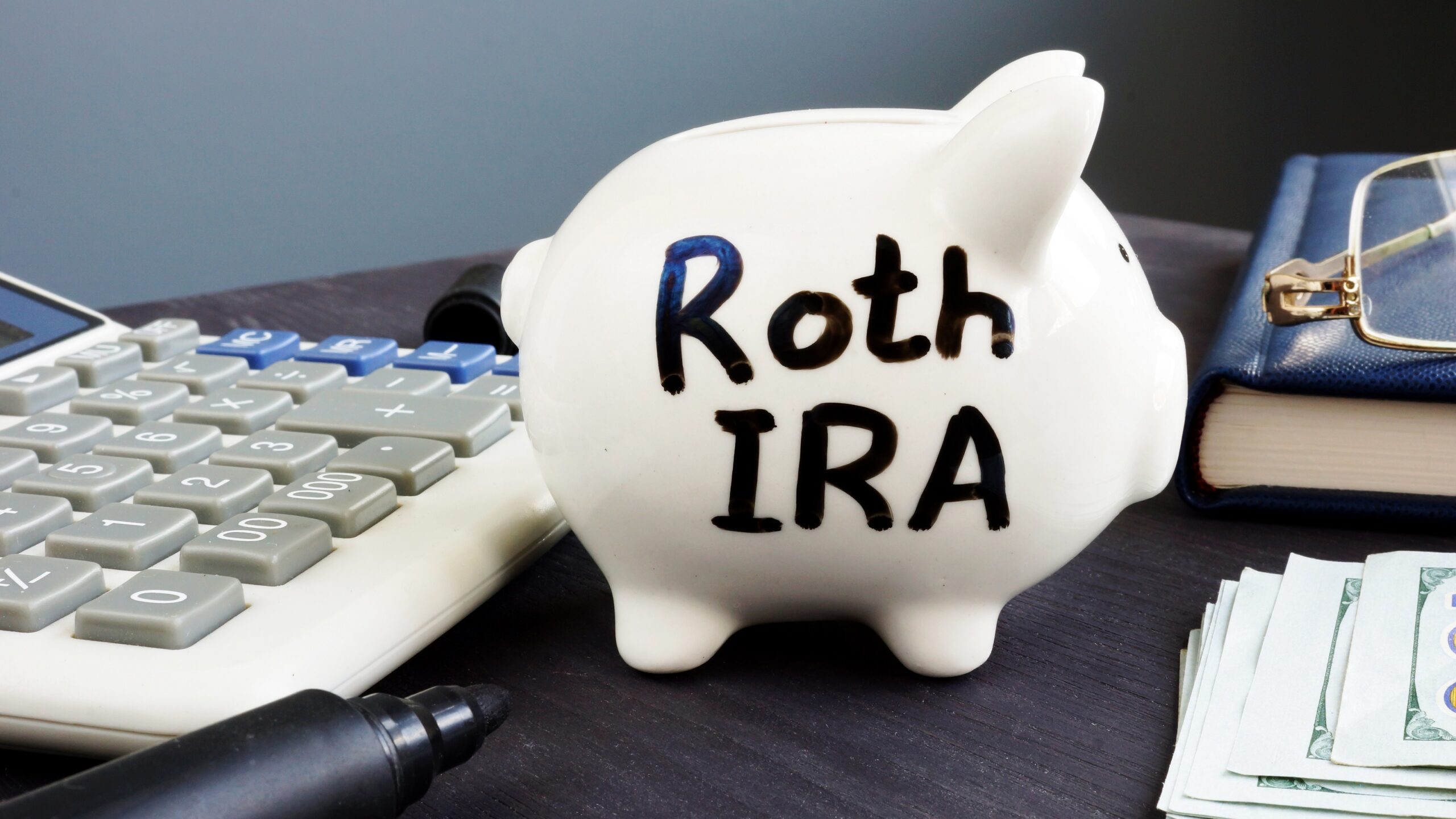When it comes to managing your finances, one of the most impactful principles you can adopt is the concept of “paying yourself first.” This simple yet powerful strategy can set you on the path to financial security and help you achieve your long-term goals.
What Does “Pay Yourself First” Mean?
“Paying yourself first” means that before you pay any bills, cover living expenses, or spend on discretionary items, you allocate a portion of your income directly to savings or investments. This ensures that your future financial well-being is prioritized over day-to-day spending.
Why Is It Important?
- Building Savings Automatically: By consistently setting aside money before you spend on anything else, you create a habit of saving. This helps you build an emergency fund, save for retirement, or work towards other financial goals without feeling the pinch of budgeting.
- Reducing Financial Stress: Knowing that you have a cushion of savings can significantly reduce financial stress. It gives you the confidence to handle unexpected expenses, like car repairs or medical bills, without derailing your finances.
- Encouraging Disciplined Spending: When you pay yourself first, you’re essentially working with a smaller budget for everyday expenses. This encourages you to be more mindful of your spending and avoid unnecessary purchases.
- Compounding Growth: The earlier you start saving, the more time your money has to grow through the power of compounding. Even small, regular contributions to a savings or investment account can grow significantly over time.
How to Implement “Pay Yourself First”
- Set a Savings Goal: Determine how much you want to save each month. A good starting point is 10-20% of your income, but even a smaller amount can make a difference.
- Automate Your Savings: Set up an automatic transfer from your checking account to your savings or investment account as soon as your paycheck is deposited. This way, you won’t even have to think about it—your savings will grow effortlessly.
- Prioritize High-Interest Debt: If you have high-interest debt, like credit card balances, consider allocating a portion of your “pay yourself first” funds towards paying down that debt. Reducing debt can free up more money for future savings.
- Review and Adjust: Periodically review your savings goals and contributions. As your income grows or your financial situation changes, adjust your savings rate to stay on track with your long-term goals.
Conclusion
“Paying yourself first” is a foundational principle in personal finance that can lead to greater financial security and peace of mind. By making your savings a priority, you take control of your financial future and set yourself up for success. Start today, and watch your savings grow as you move closer to achieving your financial goals.




